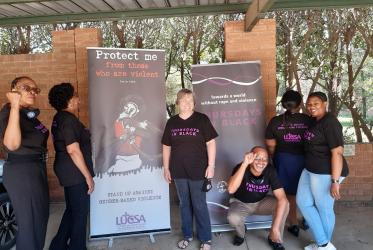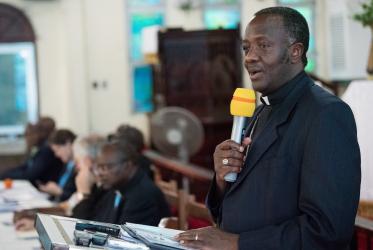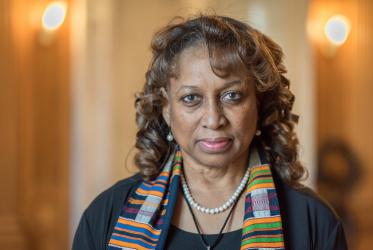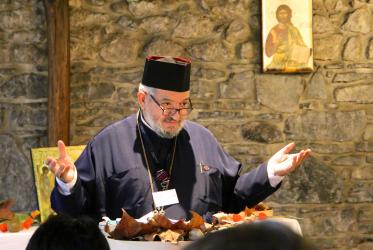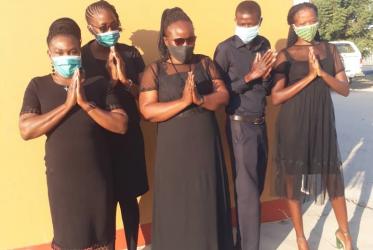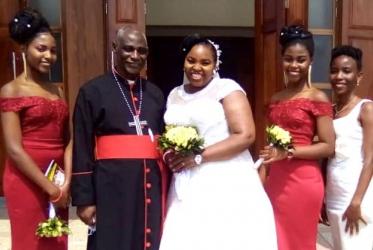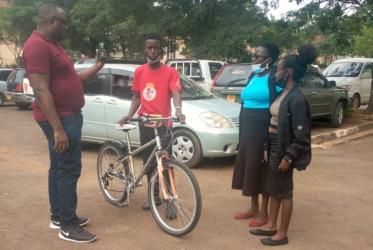Displaying 141 - 160 of 565
WCC mourns passing of Hendrew Lusey-Gekawaku
23 October 2020
New student body at Bossey Ecumenical Institute “a source of joy”
14 September 2020
Thursdays in Black is growing in Namibia
20 August 2020
In Uganda, resilience and hope overshadow stigma
31 July 2020



